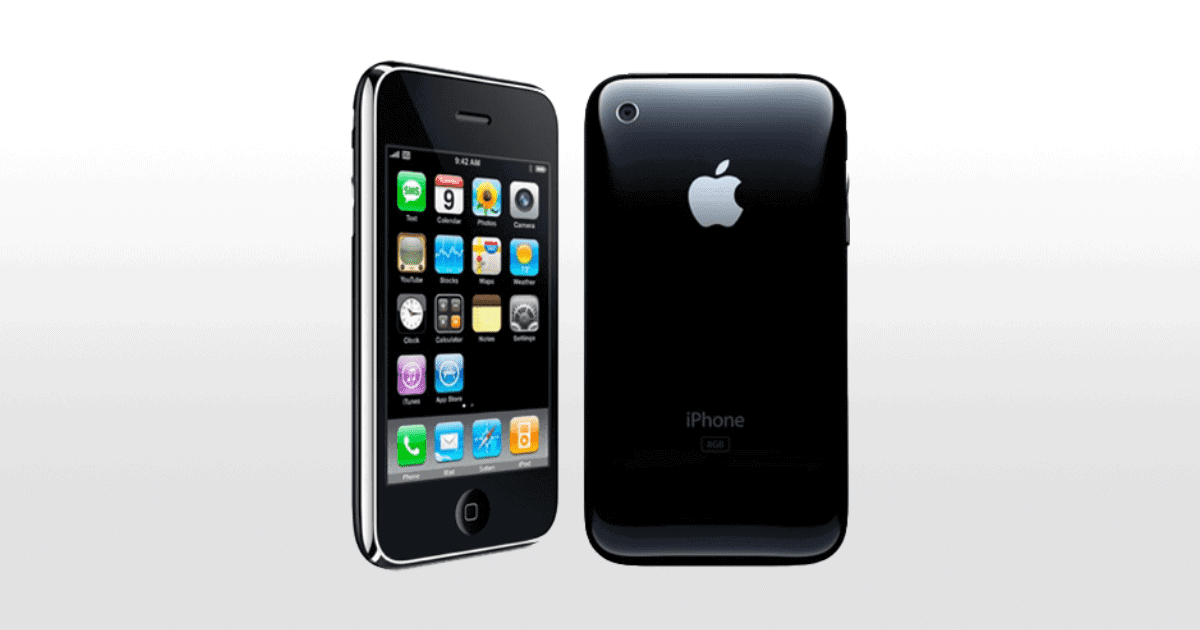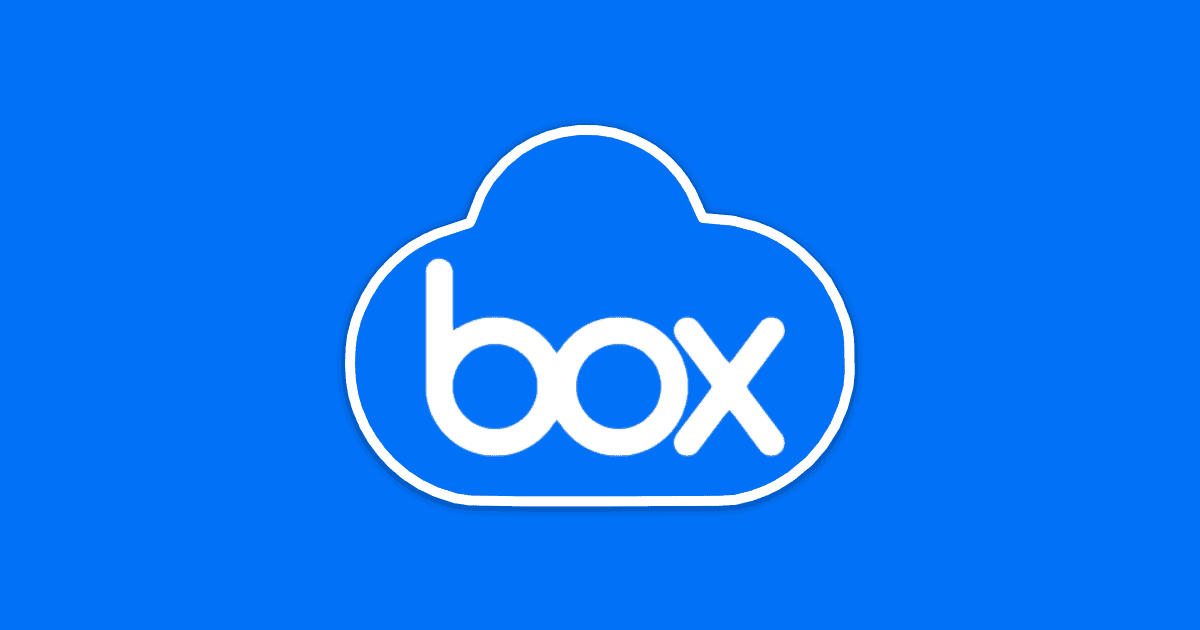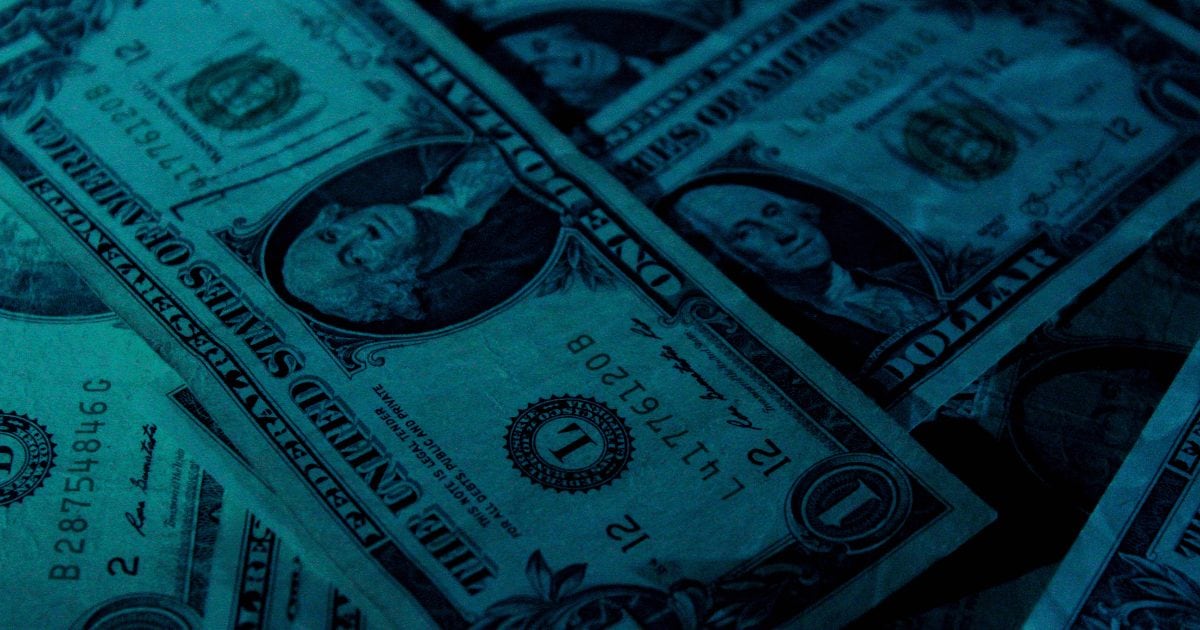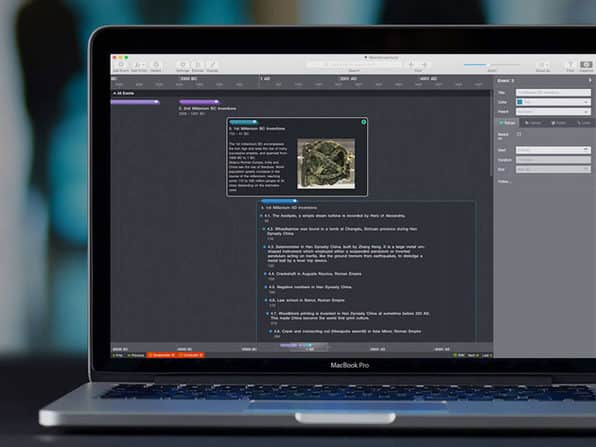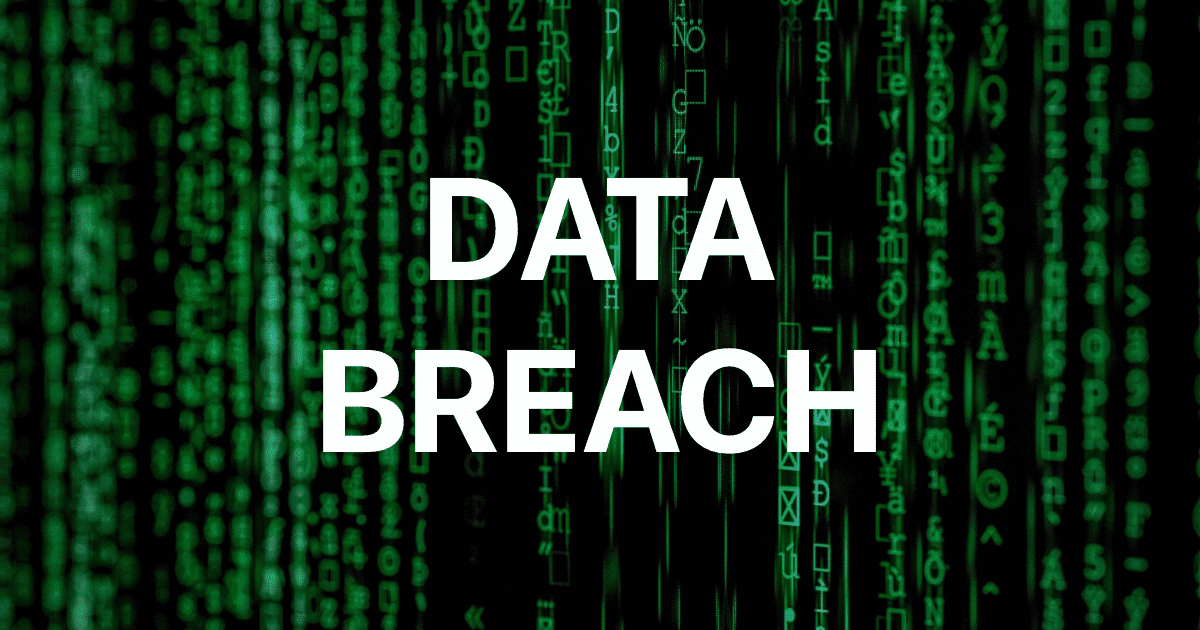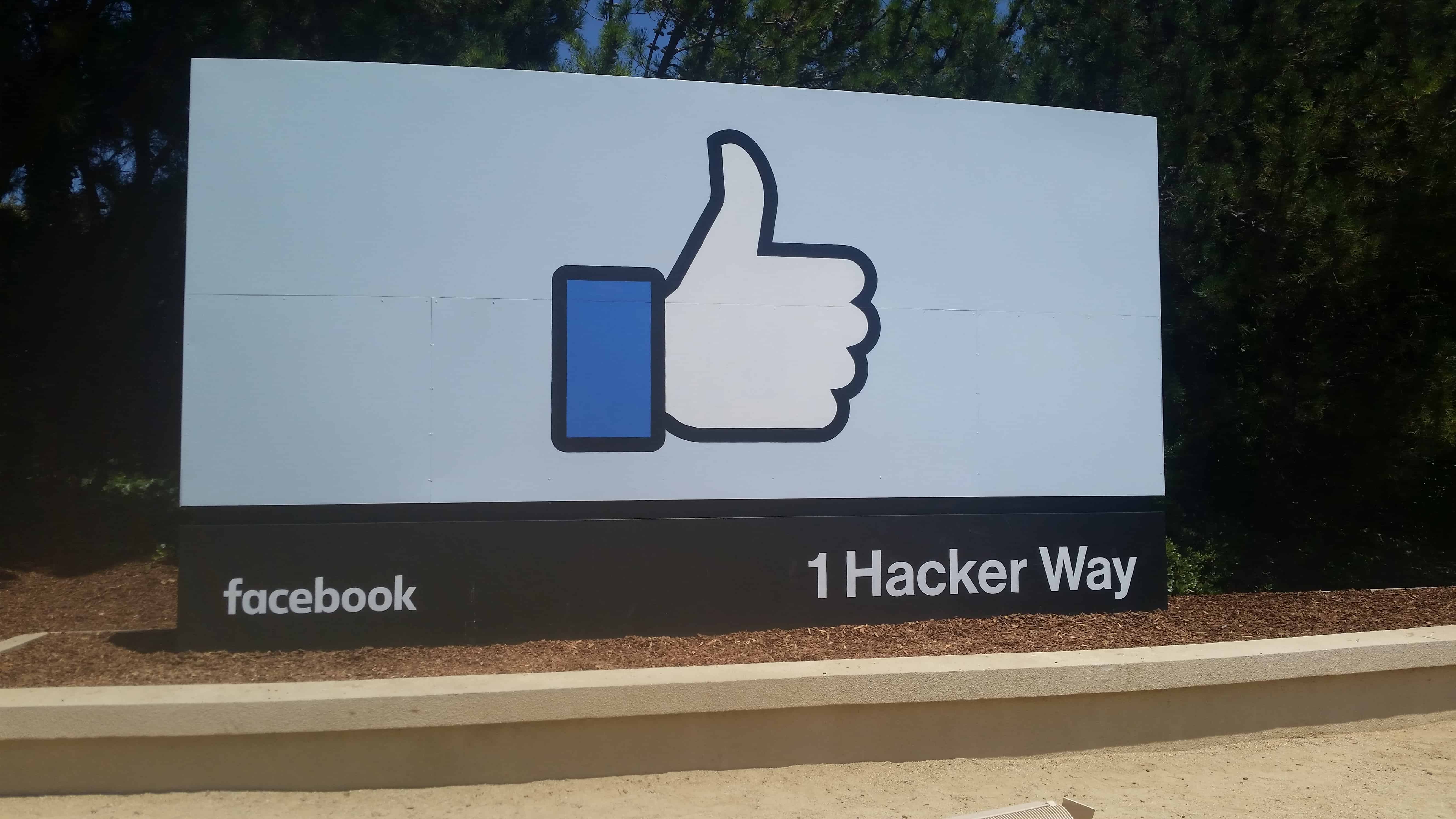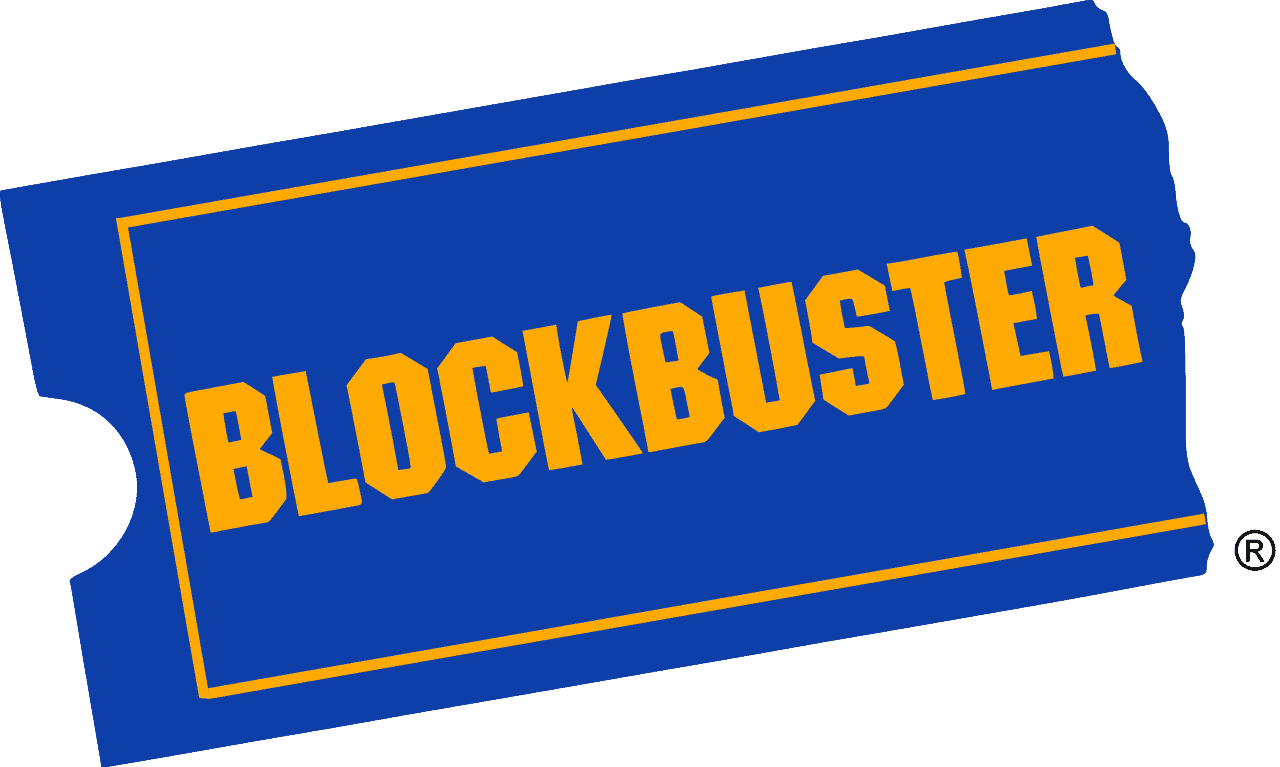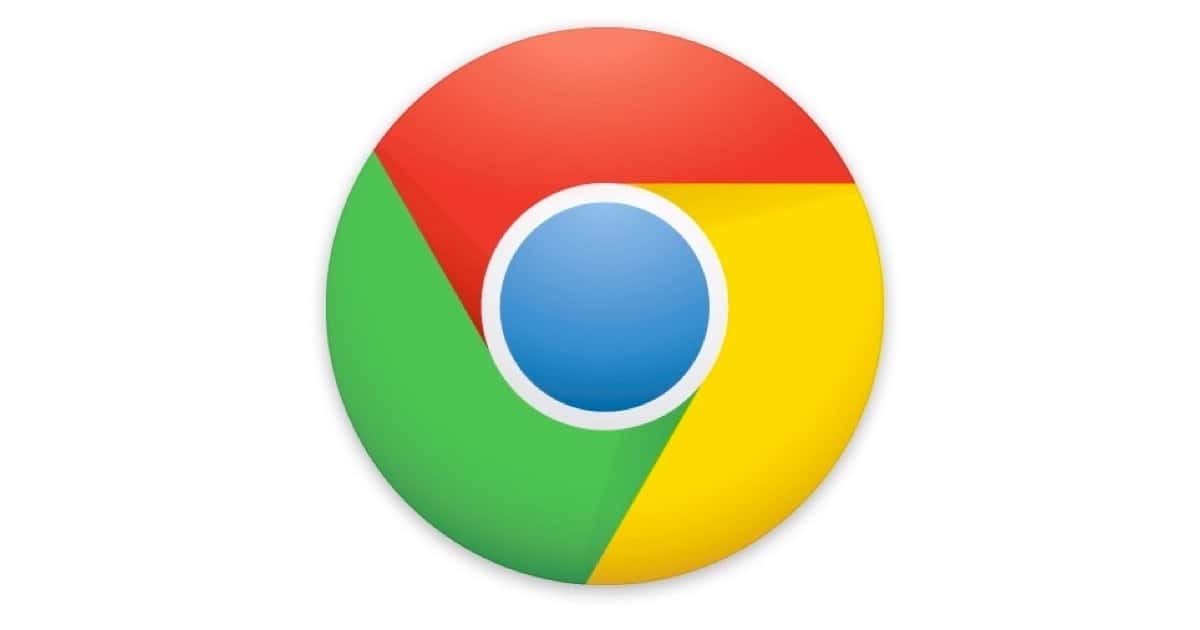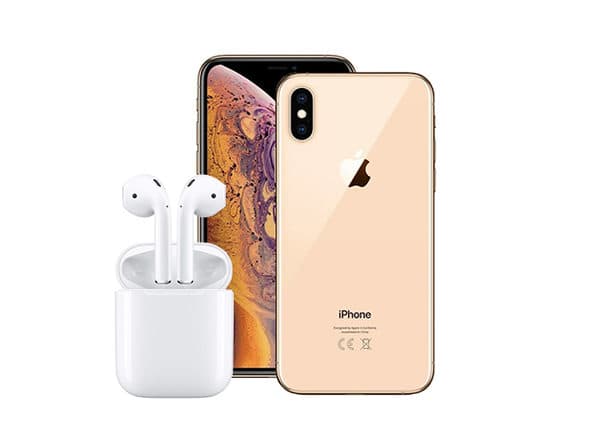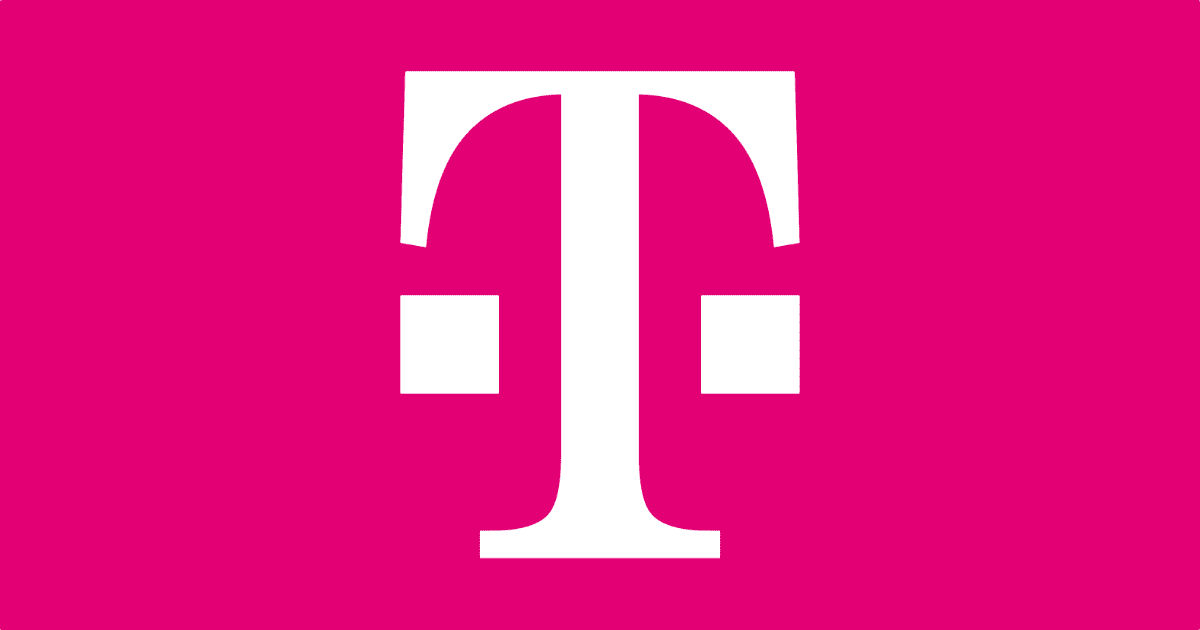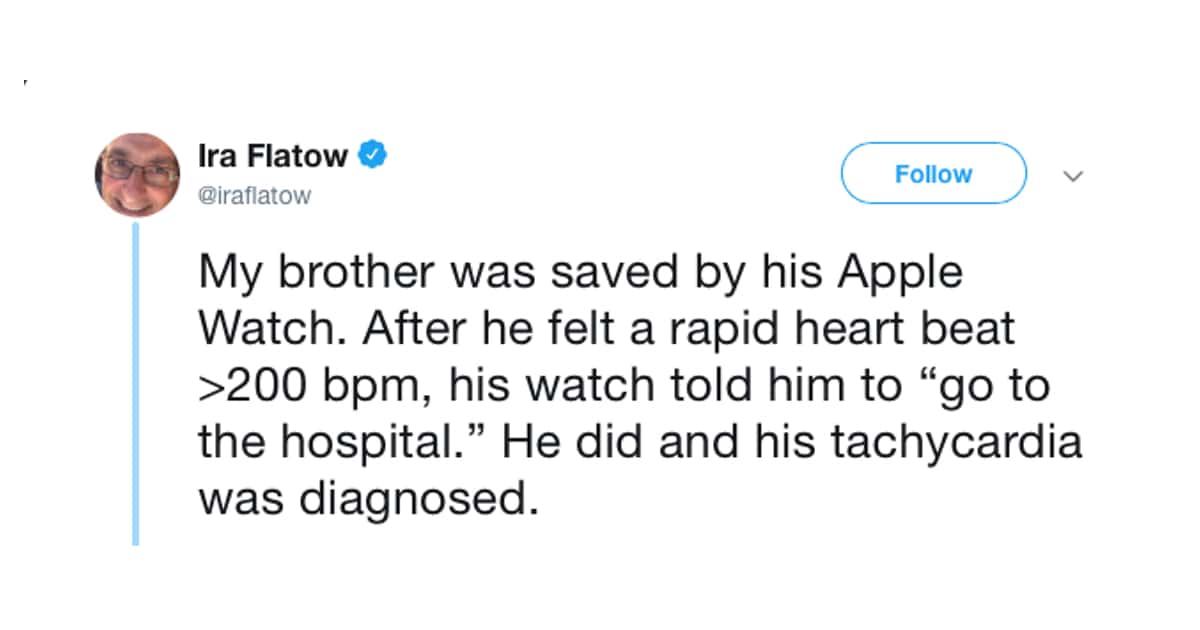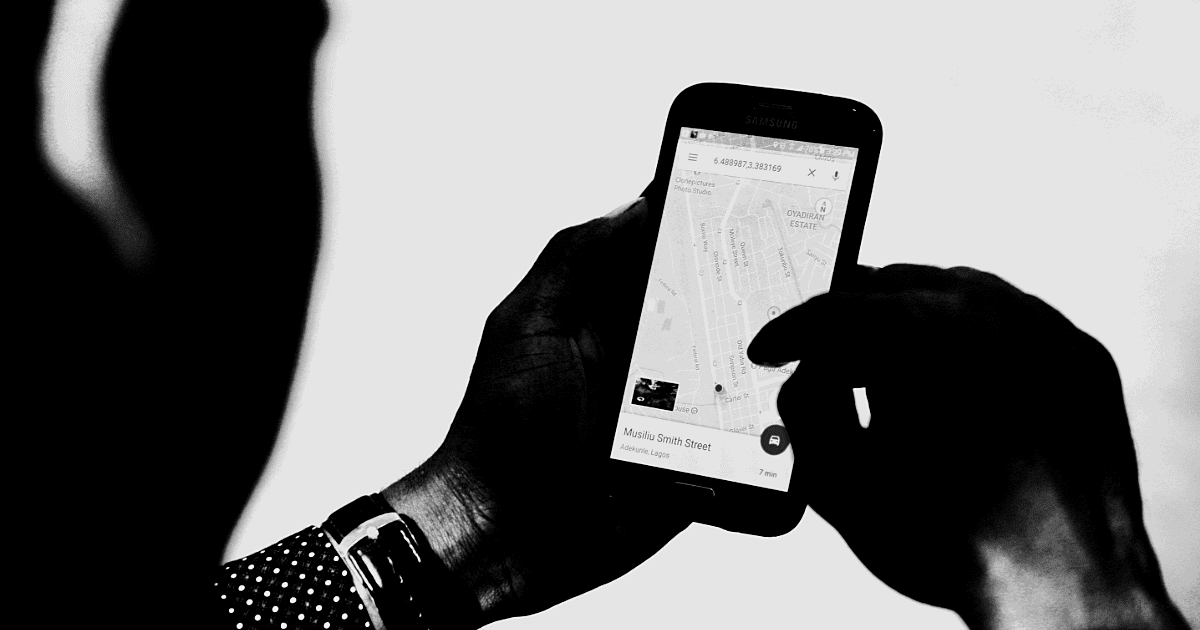Amazon’s Echo range of smart speakers are hugely popular. However, the device has not triggered a huge range of apps, nor standout successes, in the way smartphones did. Both the Apple App Store and Google Play store have far more apps on them, and generate farm more revenue for developers. Bloomberg News spoke to some developers to discover what the issues were.
Echo-branded smart speakers have attracted millions of fans with their ability to play music and respond to queries spoken from across the room. But almost four years after inviting outside developers to write apps for Alexa, Amazon’s voice system has yet to offer a transformative new experience. Surveys show most people use their smart speakers to listen to tunes or make relatively simple requests—“Alexa, set a timer for 30 minutes”—while more complicated tasks prompt them to give up and reach for their smartphone.

